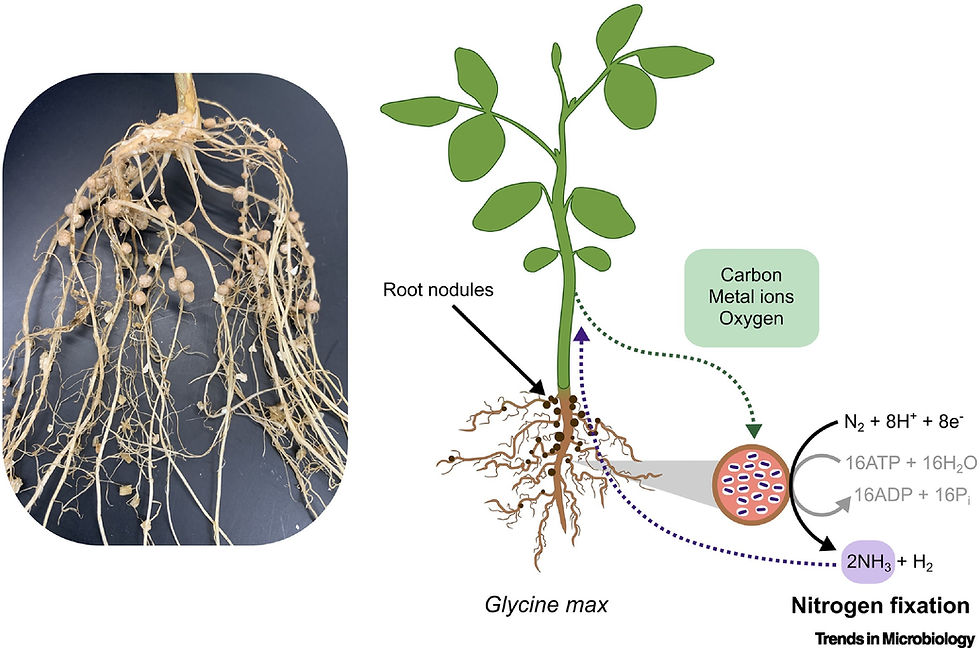Four principles of organic agriculture (3/4): Fairness
- Miguel M.LS.

- Nov 24, 2021
- 2 min read
Updated: Jan 12, 2022

Unfairness is unsustainable, and organic agriculture aims for sustainability: it must, consequently, be fair. Even if it is not a part of its core beliefs (about technical issues of land management), it becomes part of its core beliefs because it is a necessary concern for the sustainable agricultural future that it seeks. How can an unjust system endure over time indefinitely (a key component of sustainability) if it relies constantly on pressuring those who are worst-off to remain in that position? Conventional agriculture has that tendency, aided by the opaque nature of its systems of distribution, as a study by professor Shane Epting from the Missouri University of Science and Technology explores:
...research shows that today’s foods are the results of a highly sophisticated distribution system, one that demands intense study to understand... [and where] ethical issues emerge that require a separate area of investigation. Yet, with so many parts from across the globe, we cannot see exactly where the problems arise. Due to these conditions, globalized opacity becomes an issue, making it challenging to see the connection between foods and injustice.
Organic agriculture, in contrast, aims to be guided by the principle of fairness. From its holistic vision of the world, the societies that manage ecosystems are also part of the ecosystems themselves, and their well-being is a top priority. A truly organic model should aim to establish labor conditions that can ensure its sustainable profitability over the long term, or, as the IFOAM states:
Organic agriculture should provide everyone involved with a good quality of life, and contribute to food sovereignty and reduction of poverty. It aims to produce a sufficient supply of good quality food and other products.
By its basic principles, organic agriculture, coupled with basic conservation practices, already does that (for example by helping smaller farms, which provide the majority of our world's food, stay afloat). Still, if it is going to become widespread, the organic model cannot remain comfortable with anything but complete fairness to all those involved — producers, distributors and sellers, but also those who live near the farms and those who consume their produce. Certification boards should ensure that this becomes part of what it legally means to be organic: organic agriculture must be fair, or it shouldn't really be called organic. Studies show that trust is everything for its profitability under the current conditions, and organic producers cannot permit that trust to sizzle and fade away.



Comments